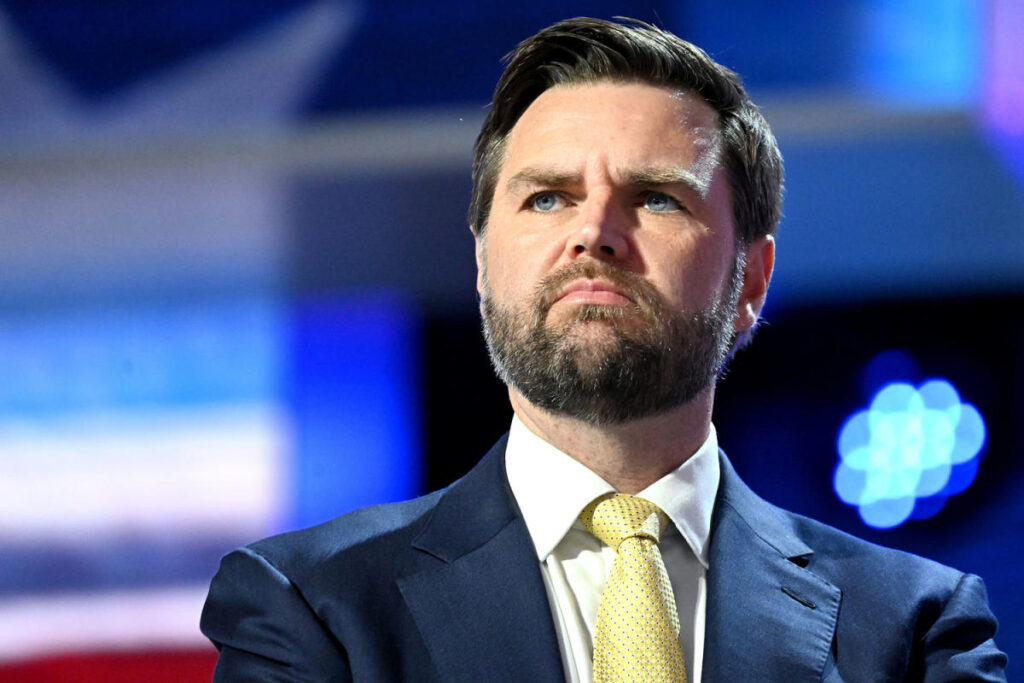Senator JD Vance of Ohio has recently intensified his comments regarding the 2020 presidential election while campaigning as Donald Trump’s running mate for the Republican presidential ticket. During a rally in Williamsport, Pennsylvania, Vance faced questions from the media about his stance on whether Trump lost to Joe Biden. Previous encounters with reporters had seen Vance sidestep the question, which sparked legitimate curiosity among voters, particularly independents. Vance’s response this time was more definitive; he stated that he does not believe Trump lost the election, indicating his belief that “there are serious problems” with the 2020 electoral process without aligning himself firmly with Trump’s narrative of a stolen election.
Vance pointed out that he believes censorship by major technology companies skewed the information available to voters, notably referencing the Hunter Biden laptop story, which he claims could have changed the election outcome. He criticized the media for focusing heavily on the 2020 election rather than addressing pressing voter concerns such as economic issues and border security. This reflects a broader Republican strategy to divert attention from the past and shift the conversation towards current issues affecting voters daily. Vance emphasized that regardless of differing opinions about whether Trump lost, the fact that censorship occurred is undeniable and important, which demonstrates his focus on substance over the specifics of election results.
At another campaign event in Wilmington, North Carolina, Vance reiterated his assertion that Big Tech played a significant role in influencing the 2020 election results. When pressed about providing a more direct answer regarding Trump’s loss, Vance insisted he had addressed the question numerous times before and expressed frustration that the media continues to dwell on the past instead of addressing current issues voters care about. This preoccupation with the 2020 election results, according to Vance, detracts from the more pressing matters requiring attention and resolution from elected officials.
Vance’s cautious approach regarding the election results is in stark contrast to Trump’s unyielding claim that the election was stolen. Even prior to joining Trump on the campaign trail, Vance had expressed doubt about the election’s legitimacy and indicated that he would have objected to the certification of the results had he been serving in the Senate on January 6, 2020. His statements draw on a narrative suggesting not just skepticism about the electoral process but also a proactive stance he would have taken had he been in a position to contest the results directly. This history of discourse aligns Vance closely with Trump’s ideology, as he finds ways to appeal to the former president’s base while attempting to navigate the media landscape around these contentious topics.
One notable moment came during a debate with his Democratic counterpart, Minnesota Governor Tim Walz, where Vance pivoted away from directly addressing the election’s outcome, emphasizing instead the future and challenging issues within social media censorship. This is a tactical choice, allowing him to remain associated with Trump’s voter base while avoiding being drawn into repetitive discussions that could detract from forward-looking campaign narratives. Such maneuvers indicate an awareness of the complexities of public sentiment regarding electoral integrity and the impact of misinformation on voter perceptions.
In closing remarks made in Williamsport, Vance shared his viewpoint that he is not concerned about the security of the upcoming 2024 election, citing prior efforts to ensure the integrity of the voting process. His remarks serve to project confidence not only in the electoral systems but also in how those systems have been secured and fortified since the 2020 elections. Vance’s ongoing emphasis on the themes of censorship, electoral integrity, and a forward-looking agenda speaks to the dynamics within the Republican Party as it navigates the legacy and implications of the last presidential election while building a framework for the future campaign and governance.

